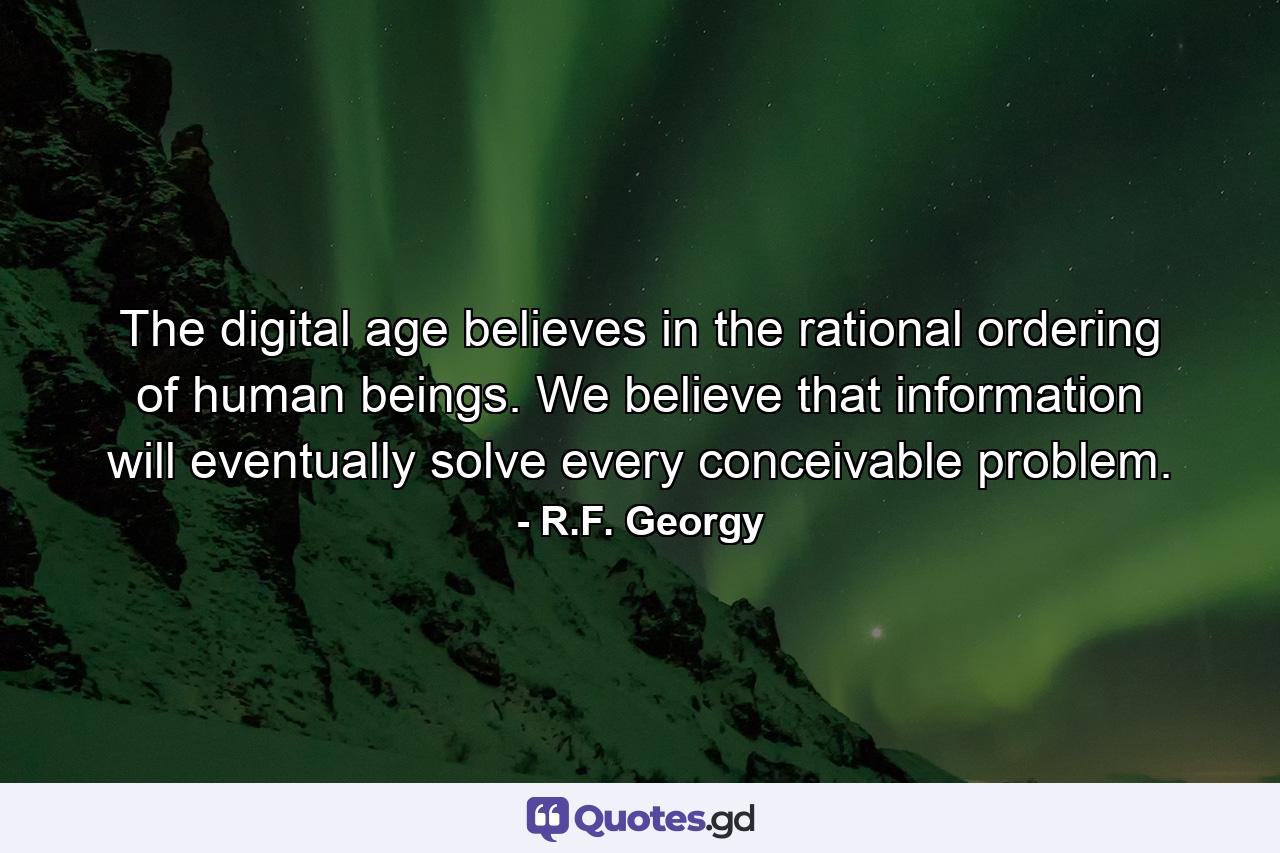My identity as Jewish cannot be reduced to a religious affiliation. Professor Said quoted Gramsci, an author that I’m familiar with, that, and I quote, ‘to know thyself is to understand that we are a product of the historical process to date which has deposited an infinity of traces, without leaving an inventory’. Let’s apply this pithy observation to Jewish identity. While it is tempting to equate Judaism with Jewishness, I submit to you that my identity as someone who is Jewish is far more complex than my religious affiliation. The collective inventory of the Jewish people rests on my shoulders. This inventory shapes and defines my understanding of what it means to be Jewish. The narrative of my people is a story of extraordinary achievement as well as unimaginable horror. For millennia, the Jewish people have left their fate in the hands of others. Our history is filled with extraordinary achievements as well as unimaginable violence. Our centuries-long Diaspora defined our existential identity in ways that cannot be reduced to simple labels. It was the portability of our religion that bound us together as a people, but it was our struggle to fit in; to be accepted that identified us as unique. Despite the fact that we excelled academically, professionally, industrially, we were never looked upon as anything other than Jewish. Professor Said in his book, Orientalism, examined how Europe looked upon the Orient as a dehumanized sea of amorphous otherness. If we accept this point of view, then my question is: How do you explain Western attitudes towards the Jews? We have always been a convenient object of hatred and violent retribution whenever it became convenient. If Europe reduced the Orient to an essentialist other, to borrow Professor Said’s eloquent language, then how do we explain the dehumanizing treatment of Jews who lived in the heart of Europe? We did not live in a distant, exotic land where the West had discursive power over us. We thought of ourselves as assimilated. We studied Western philosophy, literature, music, and internalized the same culture as our dominant Christian brethren. Despite our contribution to every conceivable field of human endeavor, we were never fully accepted as equals. On the contrary, we were always the first to be blamed for the ills of Western Europe. Two hundred thousand Jews were forcibly removed from Spain in 1492 and thousands more were forcibly converted to Christianity in Portugal four years later. By the time we get to the Holocaust, our worst fears were realized. Jewish history and consciousness will be dominated by the traumatic memories of this unspeakable event. No people in history have undergone an experience of such violence and depth. Israel’s obsession with physical security; the sharp Jewish reaction to movements of discrimination and prejudice; an intoxicated awareness of life, not as something to be taken for granted but as a treasure to be fostered and nourished with eager vitality, a residual distrust of what lies beyond the Jewish wall, a mystical belief in the undying forces of Jewish history, which ensure survival when all appears lost; all these, together with the intimacy of more personal pains and agonies, are the legacy which the Holocaust transmits to the generation of Jews who have grown up under its shadow. -Fictional debate between Edward Said and Abba Eban.


